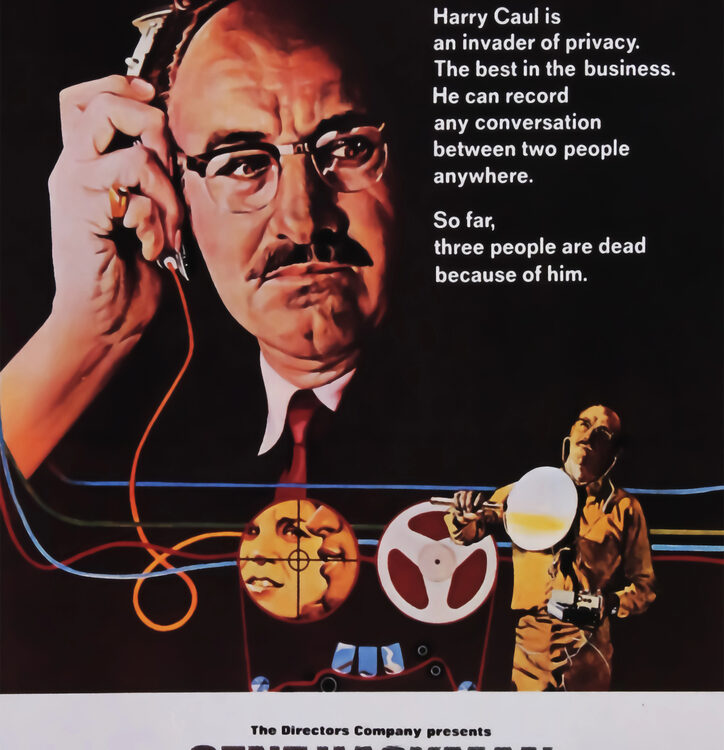Aretha Franklin’s Youngest Son Is Seeking To Gain Control Over Her Estate
July 19, 2019Anderson Cooper Inherits $1.5 Million of Gloria Vanderbilt’s Fortune
July 24, 2019Have you thought about who you want to provide care for you, should you need it as you age? Many people would prefer to be cared for by a family member, especially in situations where a family member has experience, training, or other specialized knowledge in the elder care arena. While you might want to compensate an adult child or other family member for their time and expertise, be careful before entering into a contract to do so.

The unfortunate reality is that if you end up needing to apply for Medicaid to help pay for your care, such payments to family members could be treated as fraudulent transfers. Essentially, that means you could be penalized for making them because the government assumes you are only trying to get around the rules that limit the amount of assets Medicaid recipients may keep.
While there are undoubtedly some scenarios where unscrupulous seniors attempt to shelter assets by passing them to adult children under the guise of payments for care services rendered, the vast majority of people who enter into this type of arrangement with a child or other family member do so with honorable intentions.
In fact, as the cost of health care continues to skyrocket, paying a loved one to provide care in your home is not only more comfortable for many people; it’s also more economical. When courts or state governments disallow payments made under intra-family contracts, that decision seems to be at odds with the desire to rein in costs while helping seniors obtain the care they need.
There are no easy answers when it comes to elder care or estate planning; you need to make the choices that make the most sense for your specific circumstances. A skilled attorney can help you structure a plan to meet your goals and protect what’s most important to you. To learn more, contact our office today.



